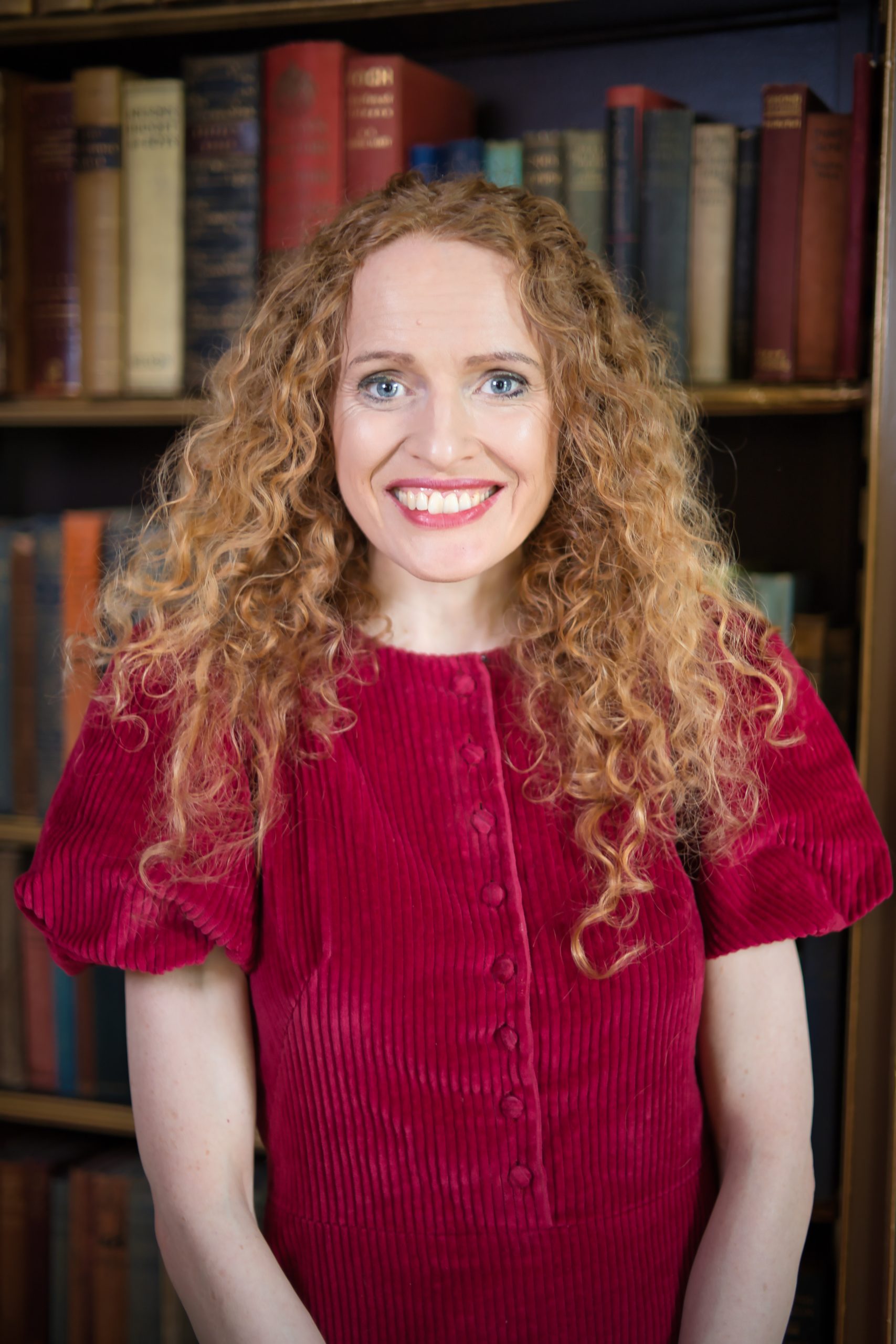
Professor Kate Williams - Keynote Speaker
A Guide to Using Victorian Sources at The National Archives as a Family Historian
In this talk, Professor Kate Williams gives an overview of the Victorian period, the second longest reign in history. Victoria came to the throne when it was still, essentially, Jane Austen's time, by the end, in 1901, it was the beginning of the twentieth century and only just over a decade to World War One. Society had changed immeasurably in every way. After the Victorian period, Britain would never be the same again.
About Professor Kate Williams
Kate Williams is a historian and broadcaster. A specialist in modern history, royal and constitutional affairs, she’s Professor of Modern History at Reading University.
She was the co presenter of BBC Two’s RTS nominated Restoration Home and has presented and contributed to many historical shows on TV, including her BBC Two Young Victoria and recent BBC One show on VE Day and travel and talked on shows from The Great British Bake Off to the history of TV election coverage. To accompany the major BBC Two Drama, Versailles, Kate co-presented two series of Inside Versailles, delving deeper into the history of the French court. She also presented The Stuarts for UKTV and Netflix.
She is the in-house historical analyst for CNN – providing expert commentary for news and events such as the D-day anniversary, the commemorations of the Holocaust atrocities and the funeral of Baroness Thatcher. She has worked with BBC politics and BBC events on their coverage of the Referendum in Scotland from Westminster with Andrew Neil for BBC One and travelling to Belgium to cover the anniversary outbreak of World War I with Sophie Raworth – and also the RTS award-winning 70th anniversary coverage of VE Day. She has presented two Inside Out films on Derbyshire’s Belper Mill and how the nation’s transport system resumed after WWII.
She’s also provided expert analysis and commentary for BBC One for the State Opening of Parliament, the Queen’s loyal address to Parliament, the Diamond Jubilee, the 60th anniversary of the Coronation and the Royal Wedding. She covered the Olympic Opening Ceremony for BBC World News. She has appeared on nearly every major international channel discussing British news – including NBC, ZDF and BBC Persia. The Radio 4 Today Programme called her ‘Historian Extraordinaire’.
Kate loves quiz shows and was a regular on the BBC4 show, The Quizeum, hosted by Griff Rhys Jones – dubbed the ‘human encyclopaedia’ by the show! Kate won Celebrity Mastermind, with Emily Bronté as her specialist subject. She also took part in BBC Two’s The Great History Quiz: The Tudors. She’s the historian on Frank Skinner’s Radio 4 series, The Rest is History – called ‘Professor search engine’!
Kate reviews the papers often on Sky News, BBC Breakfast and Radio 4 Broadcasting House. She’s appeared often on BBC News, BBC Breakfast, Channel 4 News, ITV News, Channel 5 News and Good Morning Britain.
She’s presented radio documentaries on The History of the Smile and author of Self Help, Samuel Smiles. She appears often on Radio 4 programmes including Today, Woman’s Hour, PM, World at One and World Tonight and on Radio 2 shows including as a historian on the Jeremy Vine and Chris Evans show.
Kate is a NYT bestselling author of six historical books. Her biography of Josephine Bonaparte is being made into a major TV series by Ecosse and her biography of Emma Hamilton is being made into a film. Kate’s most recent book, Edge of the Fall, continues the trilogy about the De Witt family from 1914-1939.
Kate is also an experienced after dinner speaker and lecturer and she speaks regularly to historical societies, groups, conferences and commemorative dinners.
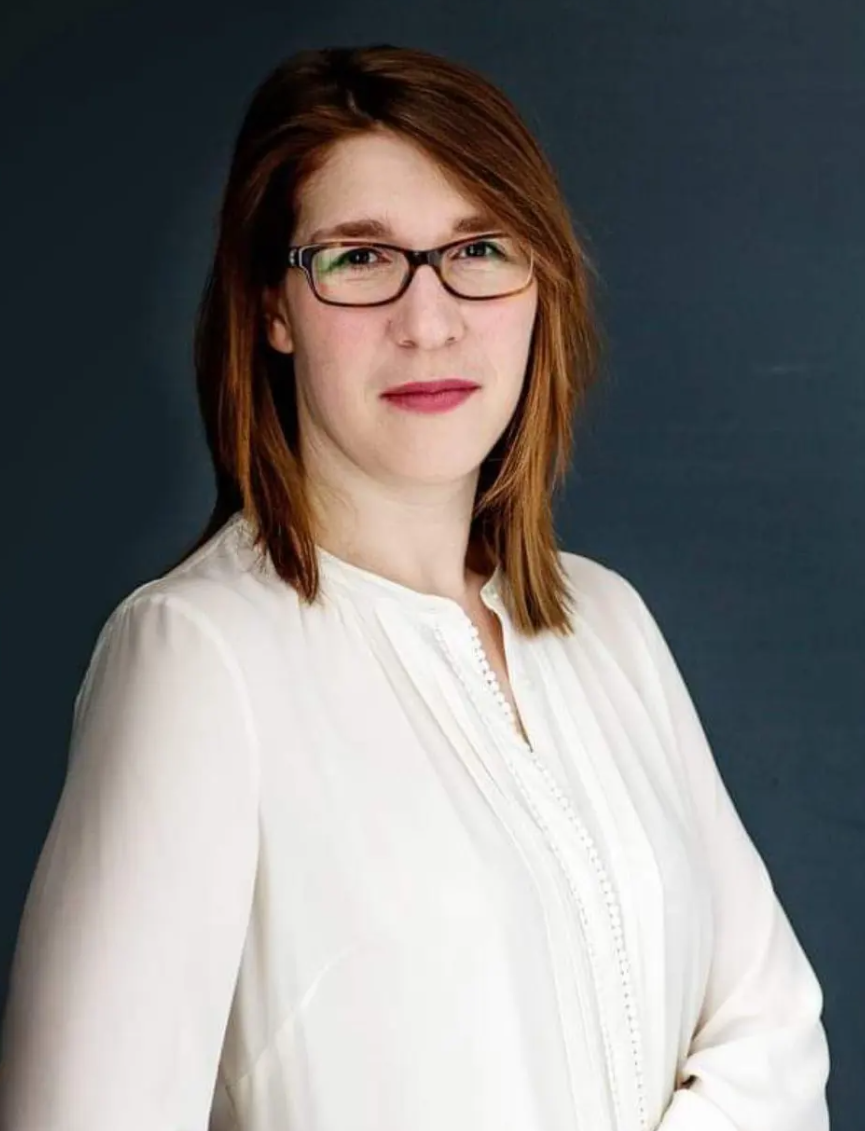
Dr Jessamy Carlson
A Guide to Using Victorian Sources at The National Archives as a Family Historian
In this talk, Jessamy will introduce you to key sources relating to the Victorian period held in The National Archives that may help you trace your family history. Some you may be very familiar with, others less so. Learn expert tips on how to maximise your use of these popular sources to discover more about the lives of your ancestors.
About Dr Jessamy Carlson
Jessamy is The National Archives’ Family and Local History Engagement Lead. She is currently working on the re-cataloguing of the records of pre-1939 military nurses, and on the history of the Home Office Research Unit, alongside other projects. Recently, she led public engagement for the release of the 1921 Census in 2022. She has worked at The National Archives since 2008.
Jessamy has a degree in Medieval Studies from Birmingham, and a Masters degree in Archive Administration from the University of Wales (Aberystwyth). She has been a fellow of the Royal Society of Arts since 2011. She recently completed her PhD in Sociology at the University of Essex, titled ‘Girls will be girls – Approved Schools in England, 1933-1973’.
Jessamy is interested in 20th-century British social welfare history, especially in the juvenile courts and the associated systems and institutions. She also works extensively on family and local history, and welcomes enquiries from anyone working on key sources for these areas of research. An archivist, and a historian with over 25 years of research experience, she particularly enjoys solving family history brick walls.
You can also take your personal research queries to Jessamy at The National Archives advice desk during the conference break.
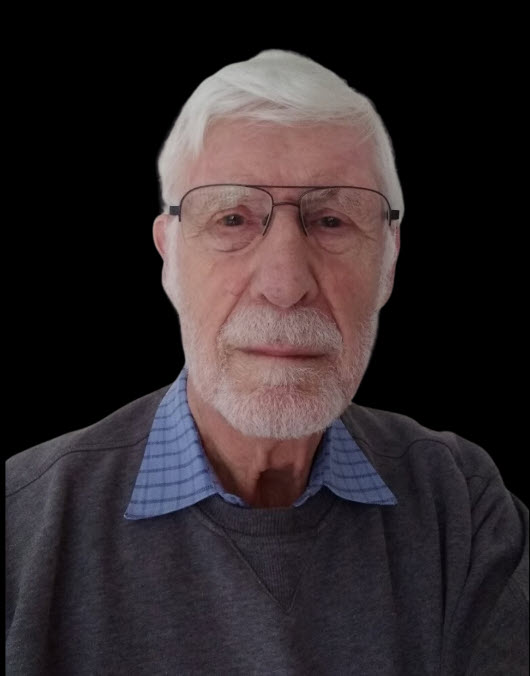
Doug Irvine
The Great Exhibition of 1851 and the Crystal Palace
The Great Exhibition in Hyde Park, London in 1851 was intended to celebrate modern design and promote Britain as an industrial and imperial power. A new type of building was created to house the Exhibition, which became known as "The Crystal Palace". Initially, the structure was intended to be temporary but later it was re-erected in South London and enlarged to become a permanent exhibition space and concert hall. It was destroyed by fire in 1936. This talk will discuss the design and construction of the building, the Great Exhibition and the legacy they created.
About Doug Irvine
Doug Irvine is a chartered engineer and a Fellow of the Institution of Civil Engineers.
He has worked for both consulting engineers and contractors on a wide range of civil engineering and building projects and since retiring has taken an interest in the engineering and social history of the 19th Century.

Dr Simon Wenham
Crime and Punishment in Victorian England
The Victorian period is often associated with lofty principles and pious individuals, but despite the nation’s success, there were considerable fears about law and order. Not only were some urban areas considered dangerous, there were also high-profile crimes that transfixed and terrified the public. This talk examines the ‘underbelly’ of society and attempts to control and punish criminality.
About Dr Simon Wenham
Simon is a part-time tutor in Oxford University’s Continuing Education Department where he specialises in the Victorian period. His books include Pleasure Boating on the Thames: a History of Salter Bros 1858 – Present Day (2014, 2017) and Hobbs of Henley: a History (2020).
Simon is a regular speaker on historical topics and has also written a range of academic and popular-level articles. He is a regular contributor to Radio Oxford and has done interviews for a number of television documentaries (shown on Channel 4, Channel 5 and TBN), as well as providing advice for books and programmes on a variety of subjects.
His current research interests include the social history of Victorian Britain, the river Thames, the city of Oxford and the development of leisure.
You can also take your Victorian era research queries to Simon at his advice desk during the conference break.

Dr Richard Marks
Rivets, Cotton and Clay: The Story of the Victorian Factory Worker
It has often been said that the 'Victorian Workers' were exploited and worked in terrible conditions, that they all lived in the slums and that no one cared. This could not be further from the truth. In this session, Industrial historian Dr.Richard Marks will take you back to the Victorian factories and look at what life was really like for the Victorian factory workers. You will see how people worked and played, and who the factory workers actually were. Did the 'mill owners' actually care about their employees and did the workforce actually have any rights? And despite reports to the contrary, there was actually 'health and safety' in Victorian Britain...You might be surprised.
About Dr Richard Marks
Richard is a published historian based in Berkshire who specialises in industrial, military, and railway history and also the history of science. His current areas of research are industrial development in the Victorian period, the development of the railway and canal systems in Britain in the mid to late 19th Century and the history of British Rail.
He has a PhD in economic history. His books A History of British Rail Engineering Ltd and The Wantage Tramway were both published in 2024.
You can also take your industry and railway queries to Richard or purchase one of his books at his advice desk during the conference break.
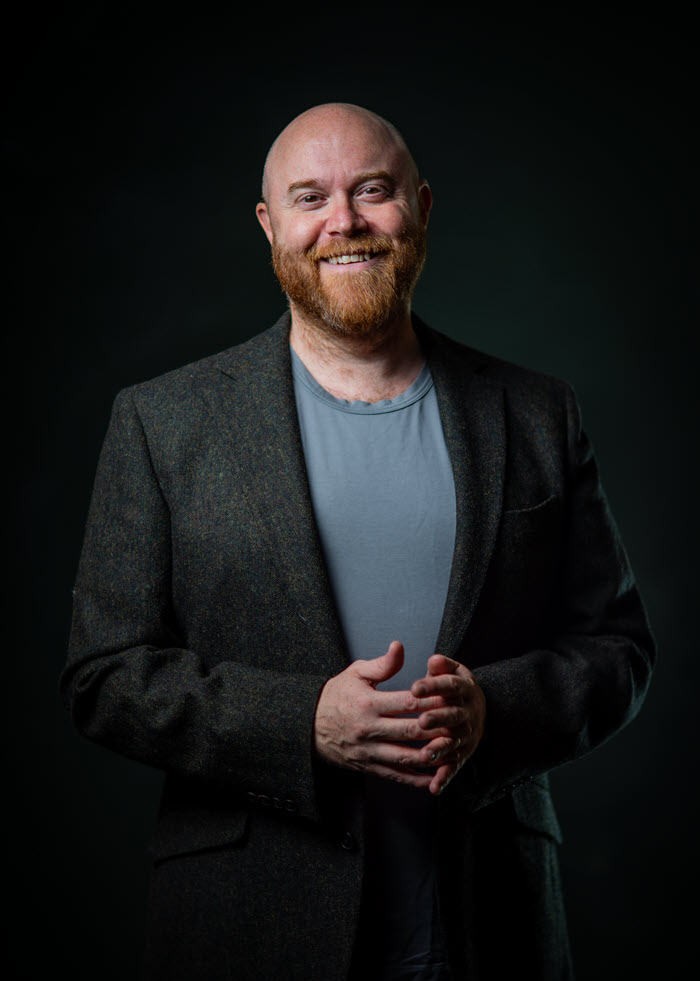
Adrian Mackinder
The Spectacle of Death in the Victorian Age
What is it about death that we find so fascinating? From horror films and ghost stories to TV shows and podcasts about notorious serial killers, we take great pleasure in the spectacle of death. We are grim voyeurs, and we owe much of this morbid obsession to the Victorian Age. Join author Adrian Mackinder as he takes you on a journey into the darker side of the nineteenth century. From London's festering graveyards to the Victorian tabloids feeding our taste for serial killers and true crime, this lively talk will surprise, amuse, revolt and delight in equal measure!
About Adrian Mackinder
Adrian is a writer, comedian and performer. He studied theology at Bristol University and Victorian Culture at Birkbeck College, University of London, and has been writing professionally for 25 years. His work can be found on TV, film, in print and online. His first book, Stan Lee: How Marvel Changed the World was published in 2021 through White Owl Books. His latest book Death and the Victorians: A Dark Fascination (2024) explores a period in history when the search for the truth about death was matched only by the imagination and invention used to find it. He currently lives in Copenhagen with his Danish wife and kids, where he struggles with being an Englishman abroad.
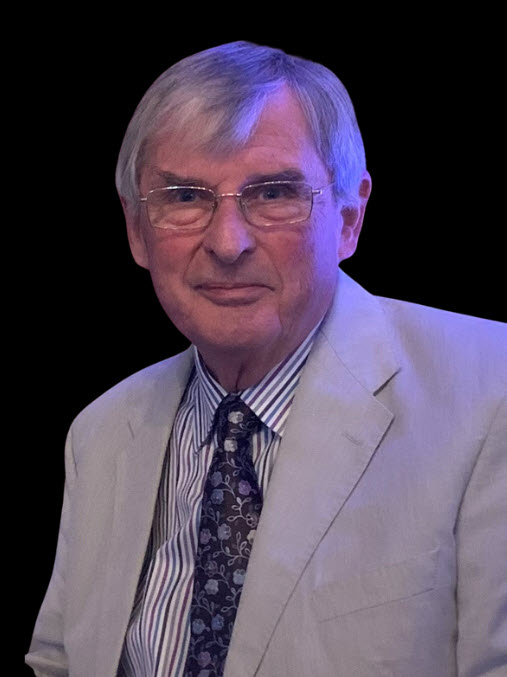
David Chilton
The Victorian Soldier
David’s talk is based on documents at the Berkshire & Wiltshire Regimental Museum and The National Archives, that you mostly won’t find online. He will be focussing on the men of the Royal Berkshire and Wiltshire Regiments in the Victorian period and how records throw light on their lives.
About David Chilton
David is a Newbury lad, who had a 40 year career in the Army, in infantry and then logistics. On early retirement, he became the manager and curator of The Wardrobe Berkshire & Wiltshire Regimental Museum in Salisbury for the next 9 years. He is now a front desk volunteer as well as responsible for creating and maintaining the 500 plus publications for Wiltshire FHS.
You can also take your military research queries to David and his colleague Martin McIntyre at their advice desk during the conference break.
